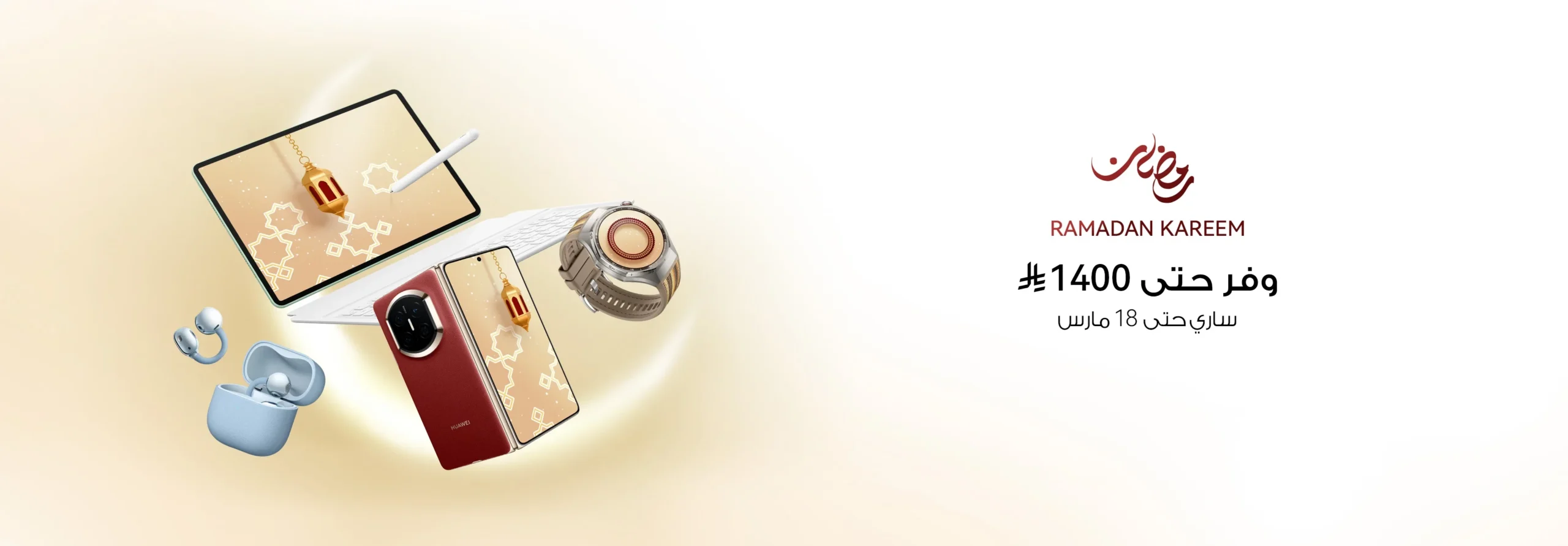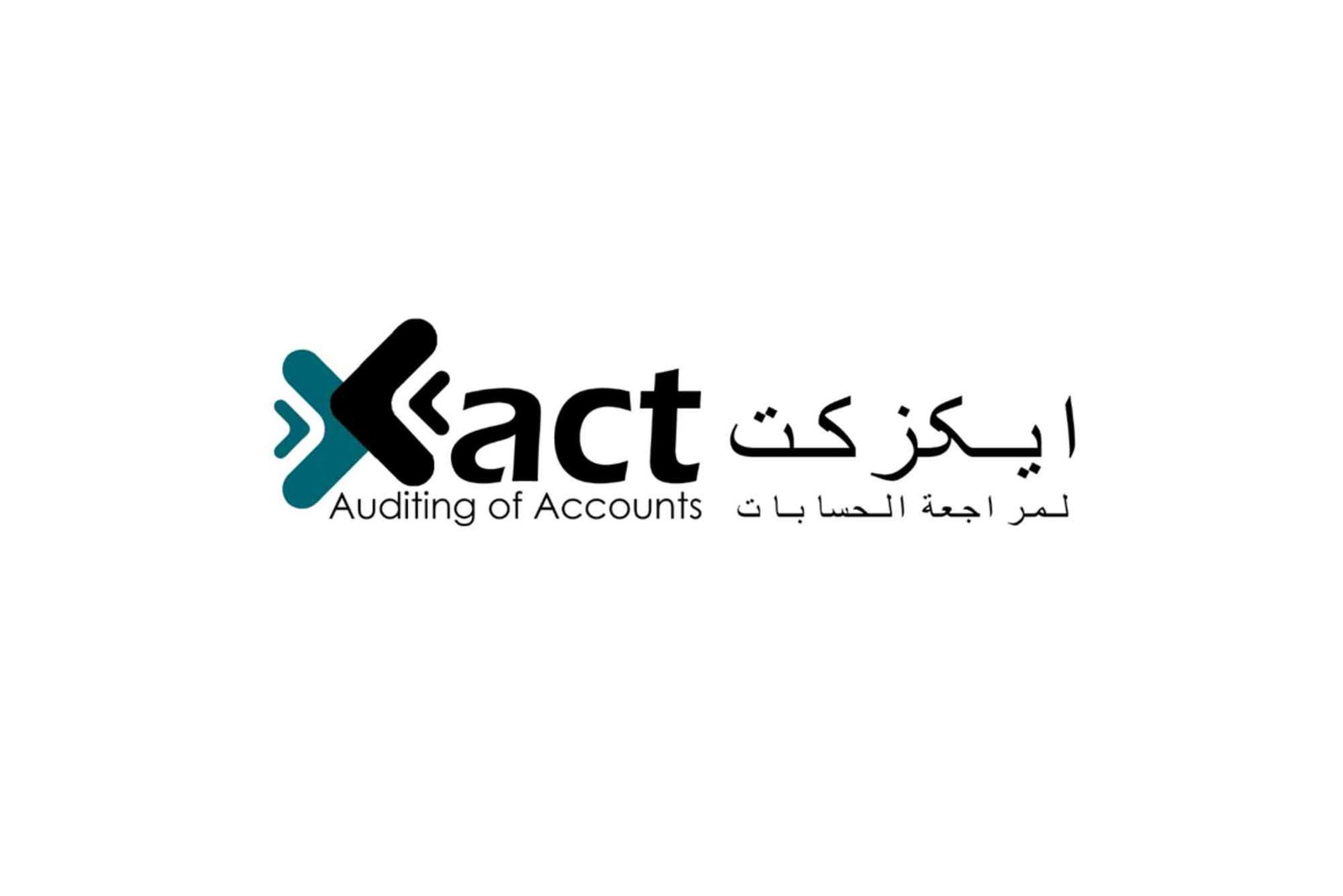Dubai, a burgeoning tech hub in the Middle East, is experiencing a rapid evolution in its mobile app development landscape. Mobile app development in Dubai is not just a trend but a fundamental shift that is transforming various sectors of the economy. In this article, we will explore the top industries driving mobile app development in Dubai and how each sector is leveraging mobile technology to enhance its operations, improve customer experiences, and achieve significant growth.
1. Healthcare
Transforming Patient Care and Management
Mobile app development in Dubai has had a profound impact on the healthcare industry. As healthcare providers seek to offer more personalized and efficient services, mobile apps have become essential tools for improving patient care and streamlining medical processes.
Key Innovations:
Telemedicine: One of the most significant advancements in mobile app development Dubai is the rise of telemedicine apps. These apps enable remote consultations, making healthcare accessible to patients who cannot visit clinics in person. This has been particularly valuable in managing chronic conditions and providing timely medical advice.
Health Monitoring: Mobile apps are equipped with advanced features for tracking health metrics such as heart rate, blood sugar levels, and physical activity. This real-time data helps in personalized health management and preventive care.
Appointment Scheduling: Mobile apps simplify appointment scheduling and management, reducing waiting times and improving the overall efficiency of healthcare services.
2. Finance and Banking
Revolutionizing Financial Transactions
In Dubai, mobile app development is revolutionizing the finance and banking sectors, making financial services more accessible and secure. The integration of mobile technology is reshaping how individuals and businesses interact with their financial institutions.
Key Innovations:
Mobile Banking: Mobile banking apps are a cornerstone of mobile app development in Dubai, offering services such as account management, fund transfers, and bill payments directly from users’ smartphones. This convenience is driving the increased adoption of digital banking solutions.
Digital Wallets: The rise of digital wallets and payment apps has streamlined transactions, enabling users to make payments, transfer money, and manage their finances with ease.
RegTech Solutions: Mobile apps are also aiding in regulatory compliance, providing tools for fraud detection, risk management, and real-time monitoring of financial transactions.
3. Retail and E-commerce
Enhancing the Shopping Experience
The retail and e-commerce sectors in Dubai are heavily influenced by mobile app development, which enhances customer experiences and optimizes business operations. Retailers and online platforms are leveraging mobile apps to stay competitive in a rapidly evolving market.
Key Innovations:
Mobile Shopping Apps: E-commerce apps have become integral to retail strategies, offering features such as personalized product recommendations, seamless checkout processes, and virtual fitting rooms. This enhances the shopping experience and boosts sales.
Loyalty Programs: Many retailers are using mobile apps to manage loyalty programs, providing customers with rewards, discounts, and personalized offers based on their shopping behavior.
Inventory Management: Mobile apps streamline inventory management by providing real-time updates on stock levels, sales trends, and order processing, helping retailers optimize their operations.
4. Real Estate
Streamlining Property Transactions
Mobile app development in Dubai is significantly impacting the real estate industry, making property transactions and management more efficient. Real estate apps are transforming how buyers, sellers, and property managers interact with the market.
Key Innovations:
Property Listings: Real estate apps offer comprehensive property listings with detailed information, high-quality images, and virtual tours. This facilitates easier property searches and helps buyers make informed decisions.
Transaction Management: Apps are simplifying the transaction process by providing tools for document management, payment processing, and communication between parties involved in real estate deals.
Property Management: For landlords and property managers, mobile apps offer features for managing rental properties, handling maintenance requests, and collecting rent payments.
5. Tourism and Hospitality
Improving Travel and Service Experiences
Dubai’s tourism and hospitality sectors are capitalizing on mobile app development to enhance the travel experience. Mobile apps are becoming essential tools for tourists and hospitality businesses, offering a range of services and conveniences.
Key Innovations:
Travel Booking Apps: Mobile apps facilitate travel bookings by allowing users to book flights, accommodations, and activities with ease. Features like real-time updates and itinerary management enhance the overall travel experience.
Local Guides: Tourism apps provide visitors with information on attractions, dining options, and local events. These apps help tourists explore Dubai more efficiently and enjoy their stay.
Personalized Recommendations: AI-driven apps offer personalized recommendations based on user preferences, making it easier for tourists to discover activities and services that match their interests.
6. Education
Advancing Learning and Administration
Mobile app development in Dubai is also transforming the education sector by offering innovative solutions for learning and administrative tasks. Educational institutions and learners are benefiting from the enhanced capabilities provided by mobile technology.
Key Innovations:
E-Learning Platforms: Mobile apps support e-learning by offering interactive lessons, quizzes, and virtual classrooms. These platforms enable students to access educational content anytime and anywhere.
Institutional Management: Educational apps streamline administrative functions such as attendance tracking, grade management, and communication between teachers, students, and parents.
Skill Development: Mobile apps support skill development through online courses and training programs, providing learners with opportunities to enhance their knowledge and competencies.

7. Transportation and Logistics
Optimizing Mobility and Supply Chains
The transportation and logistics sectors in Dubai are leveraging mobile app development to improve operational efficiency and enhance user experiences. Mobile apps are crucial for optimizing both passenger transport and supply chain management.
Key Innovations:
Ride-Hailing Apps: Mobile apps for ride-hailing services have transformed urban mobility in Dubai. These apps offer features like real-time tracking, fare estimates, and cashless payments, making transportation more convenient.
Fleet Management: For logistics companies, mobile apps provide tools for managing fleets, optimizing routes, and tracking shipments in real time. This enhances efficiency and reduces operational costs.
Public Transportation Apps: Mobile apps improve the public transportation experience by providing real-time information on bus and metro schedules, routes, and service disruptions.
Mobile app development in Dubai is being significantly influenced by a diverse array of industries, each harnessing technology to drive innovation and growth. From healthcare and finance to retail and real estate, mobile apps are transforming business operations and customer interactions. As Dubai continues to position itself as a technology leader, the role of mobile app development in Dubai will expand, bringing new opportunities and advancements across various sectors.
Understanding the driving forces behind mobile app development in Dubai is essential for businesses looking to leverage this technology effectively. By staying abreast of industry trends and technological innovations, organizations can better navigate the evolving landscape and capitalize on the opportunities presented by mobile app development.





